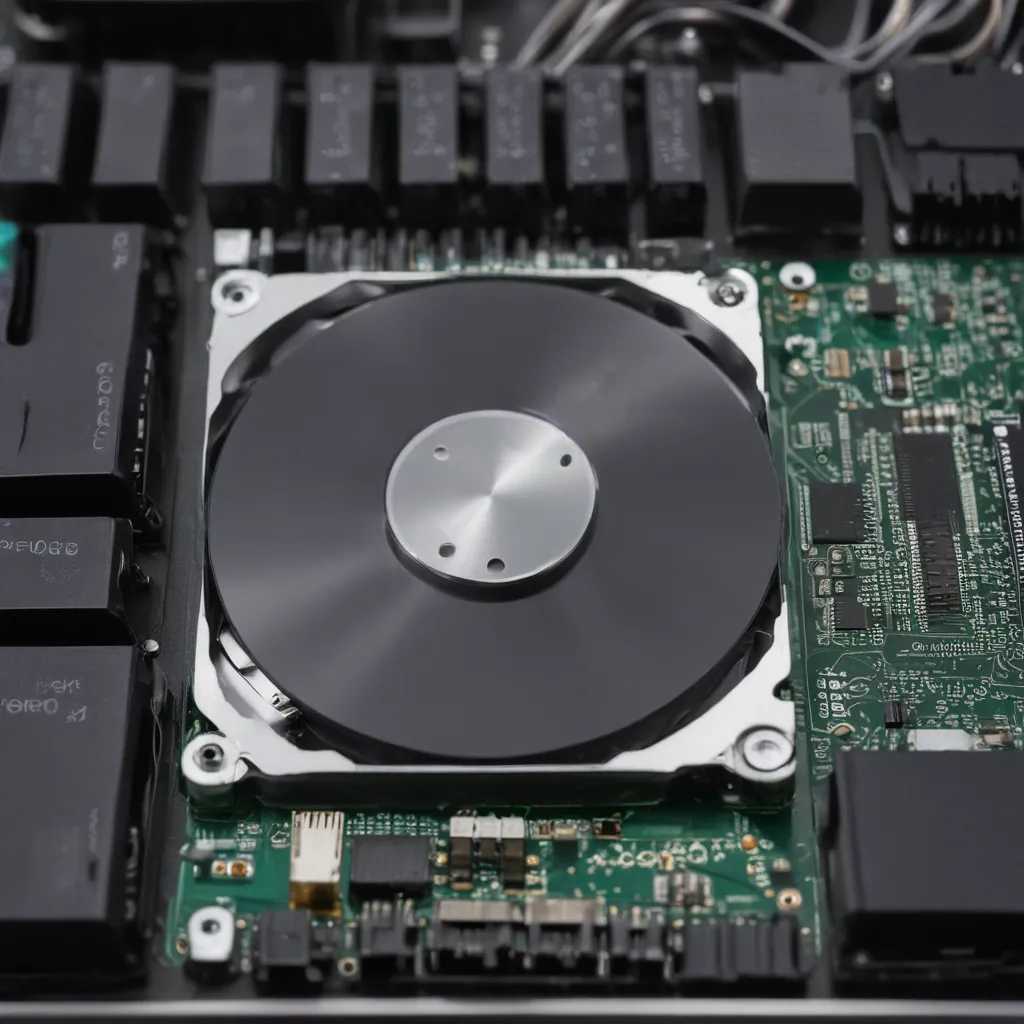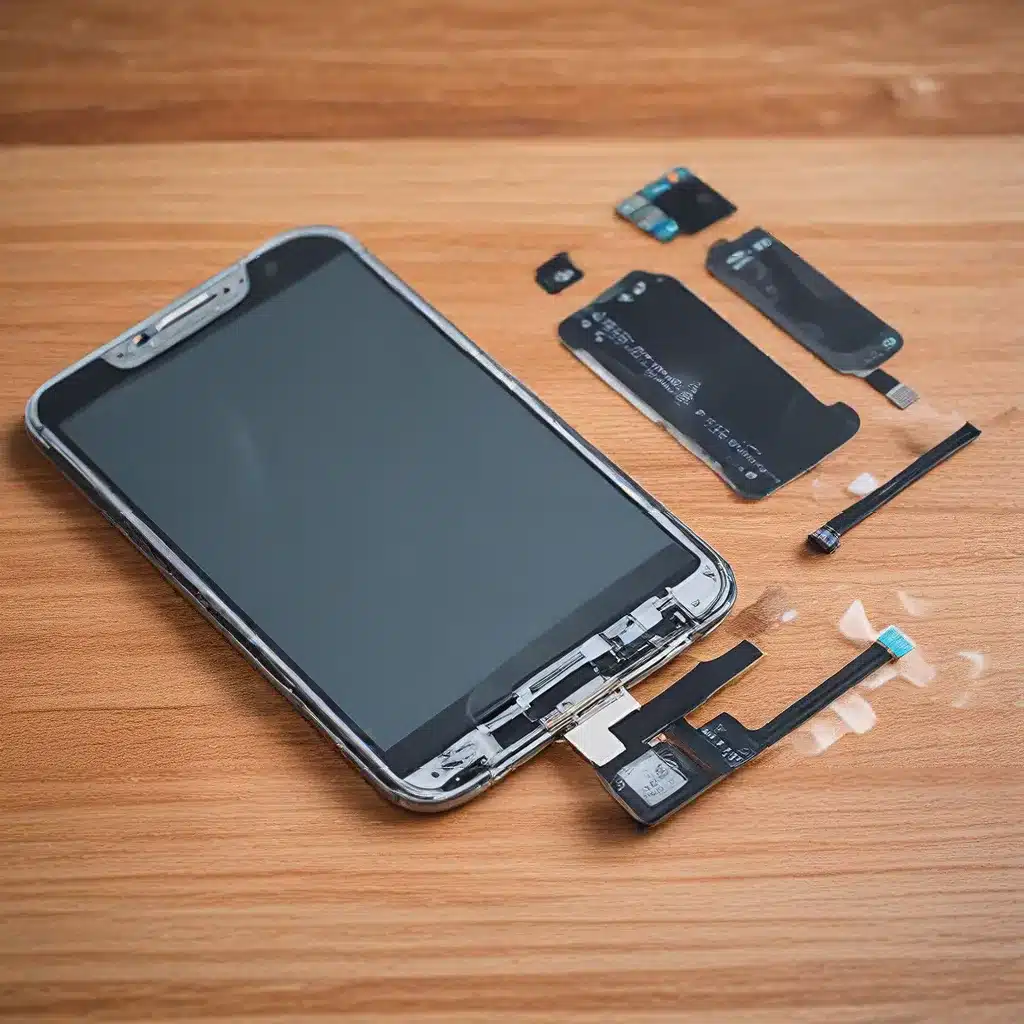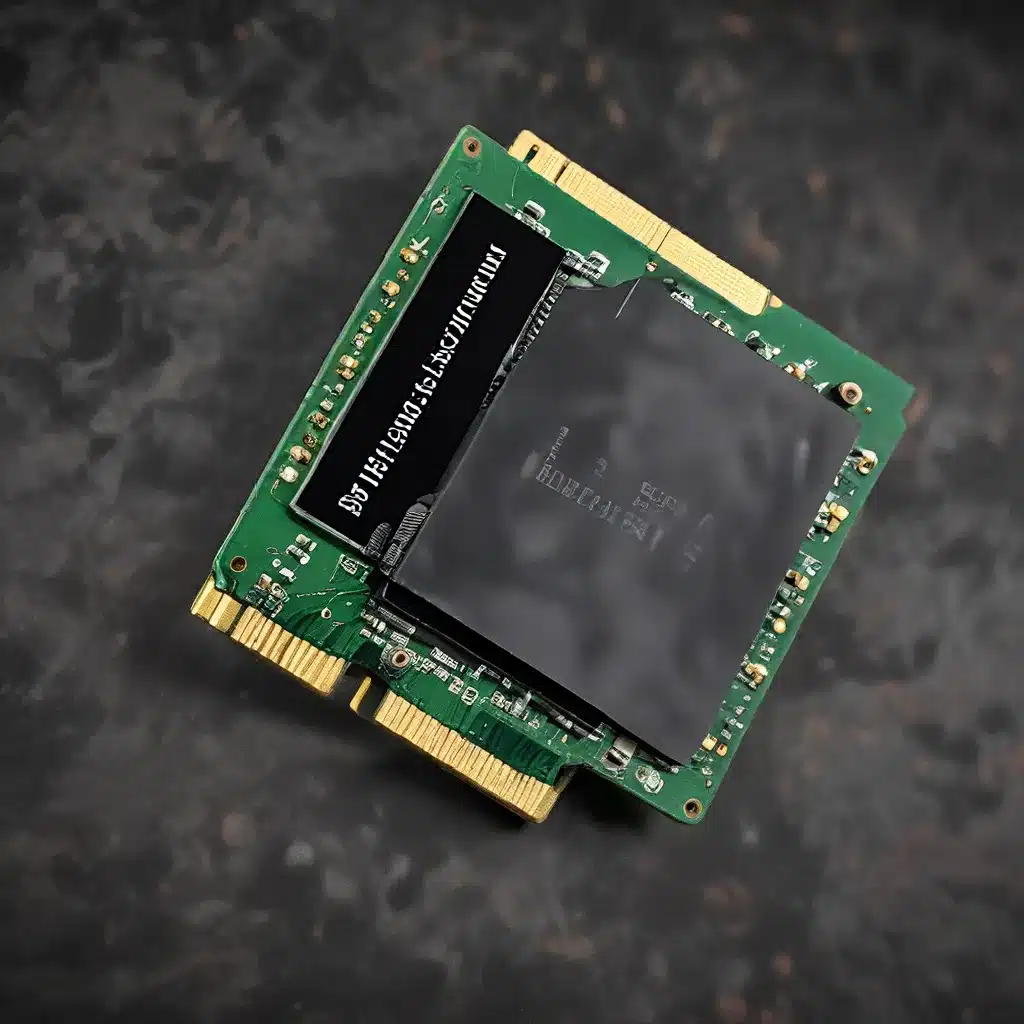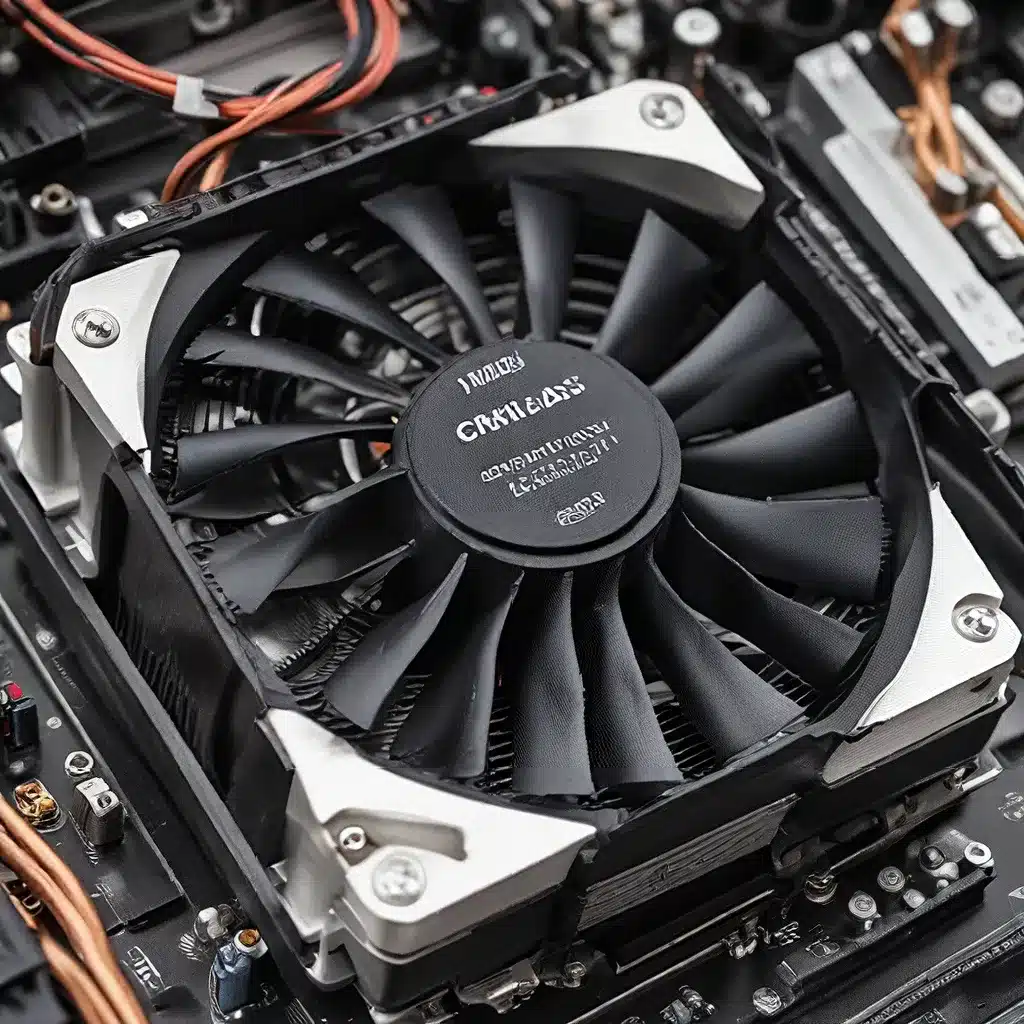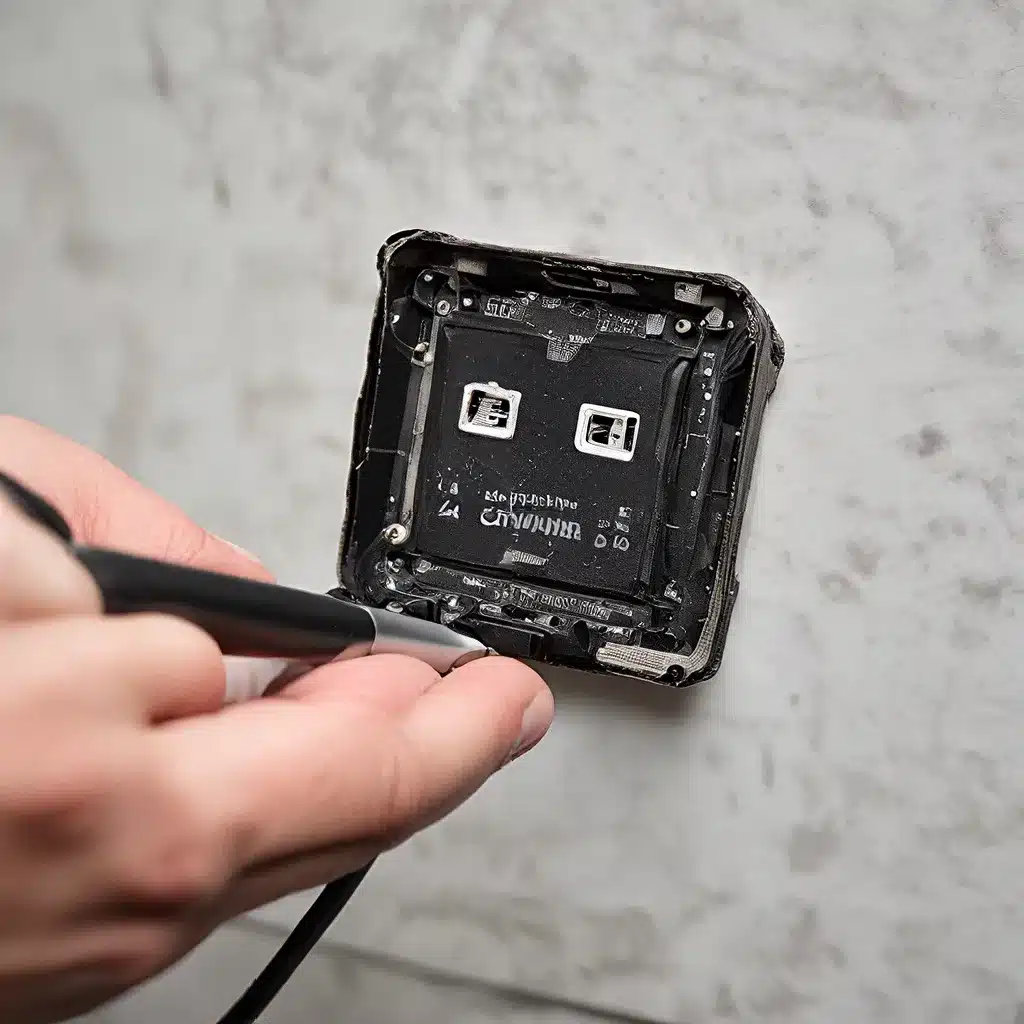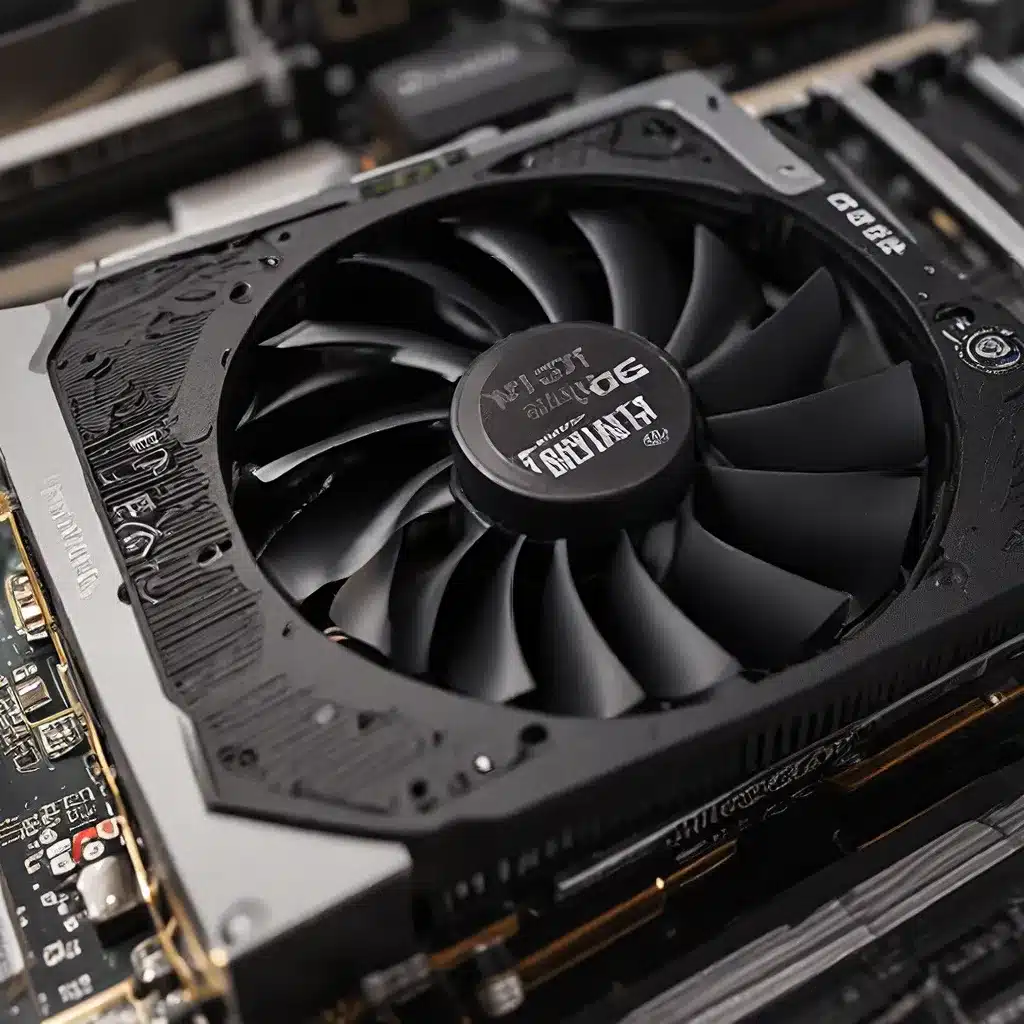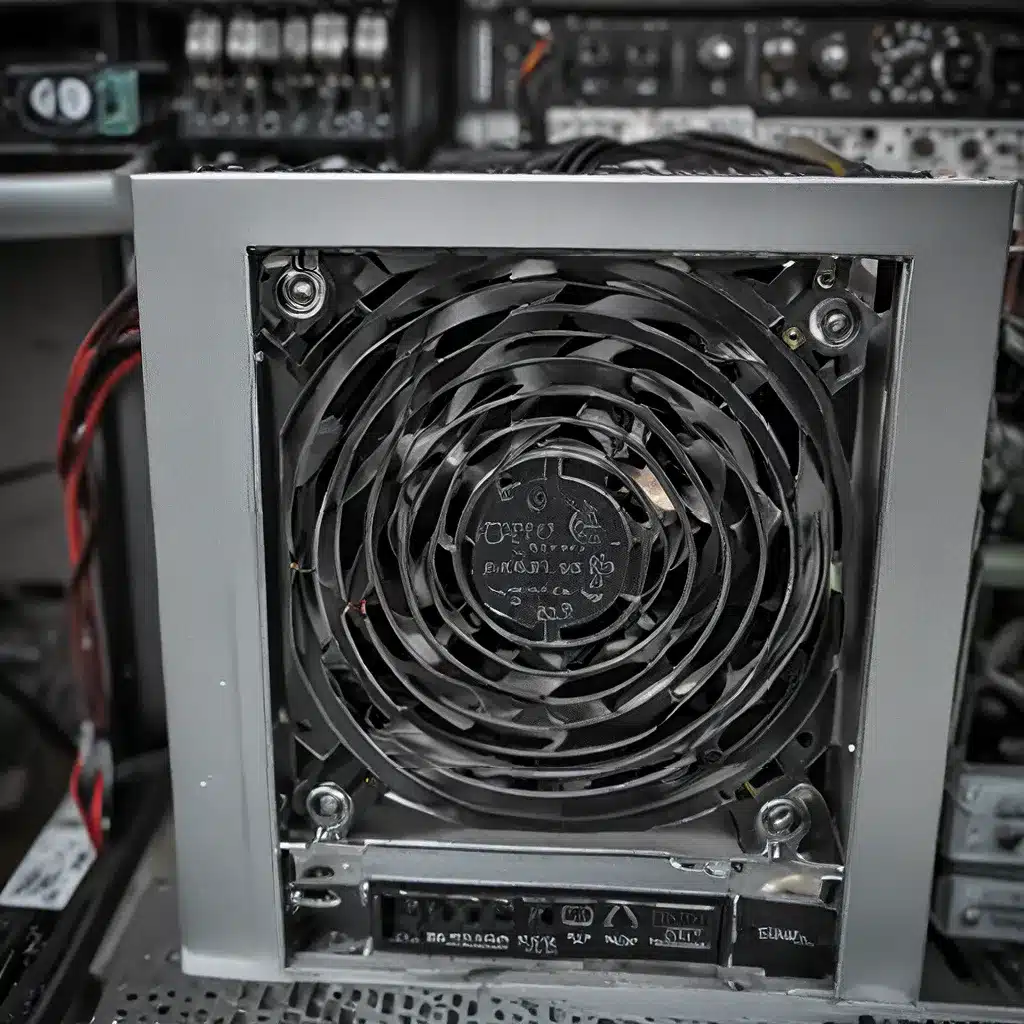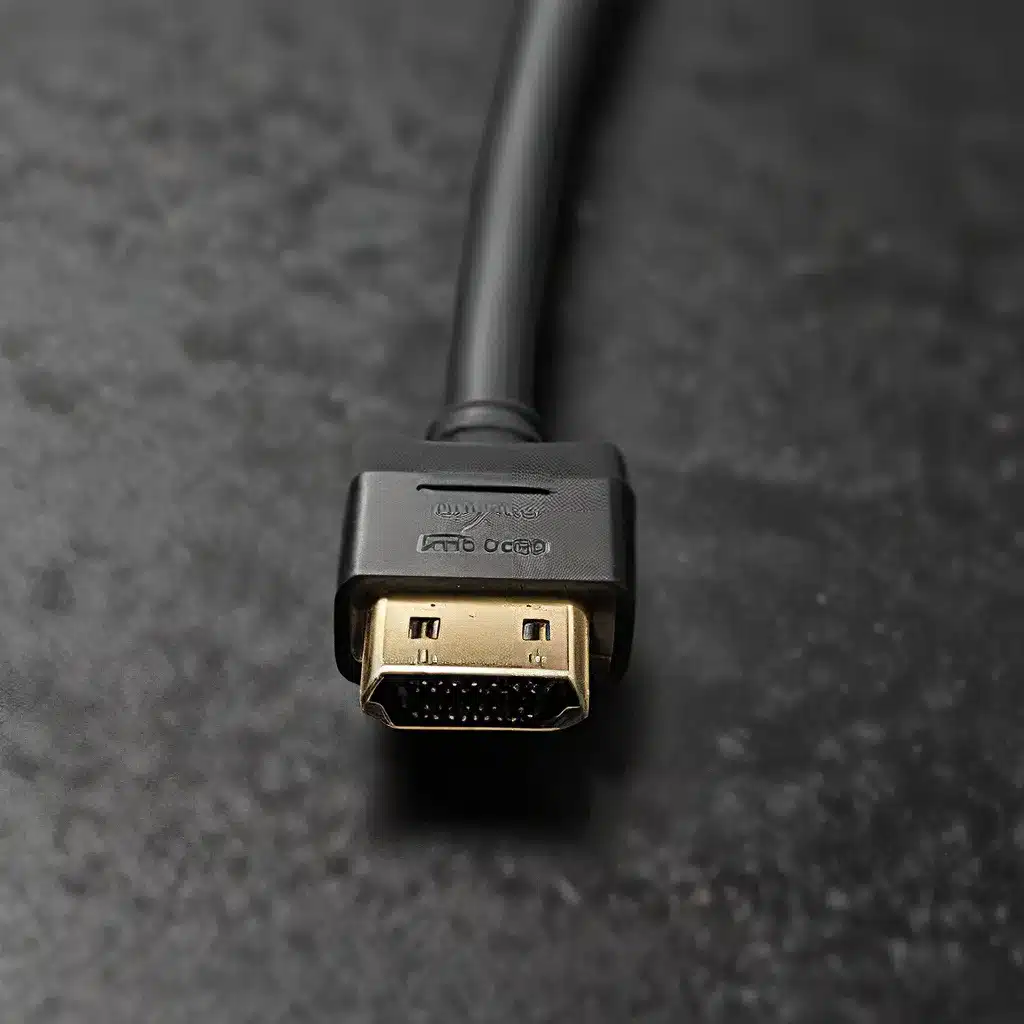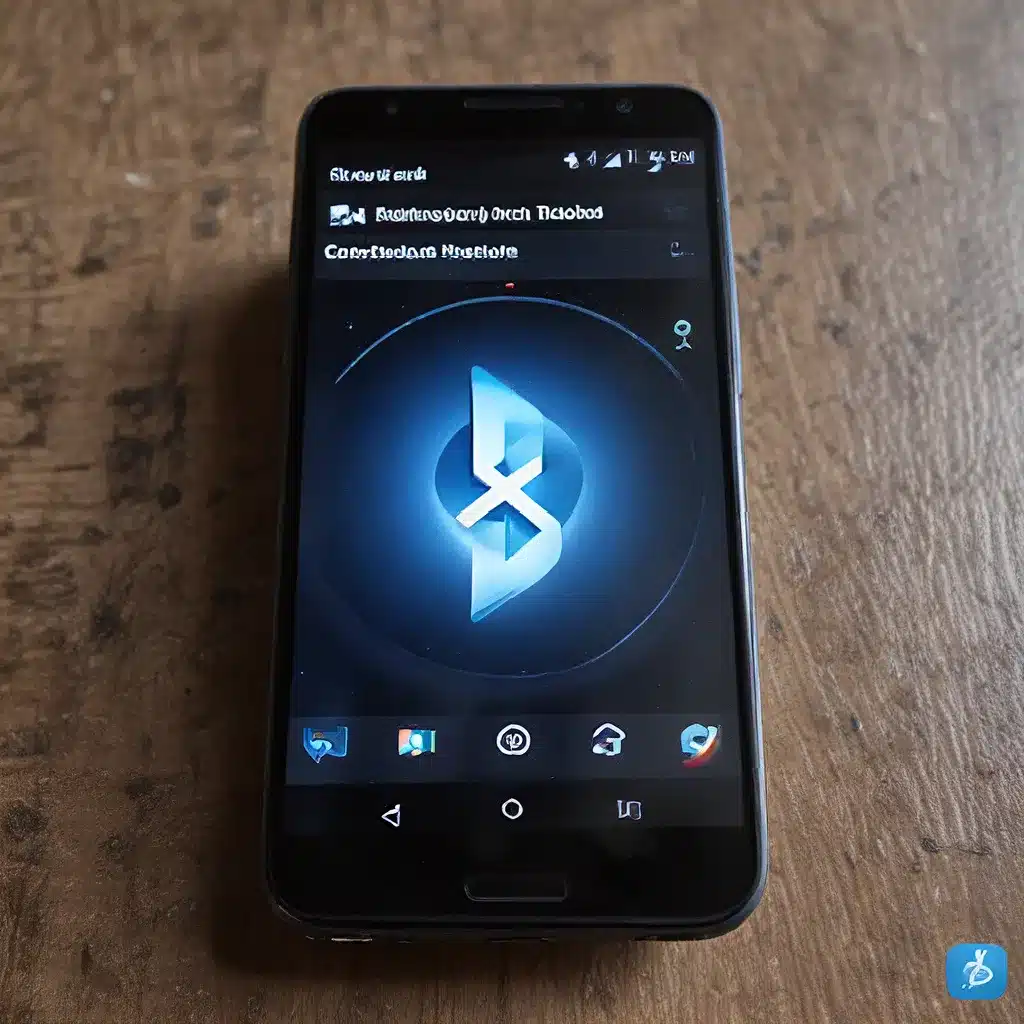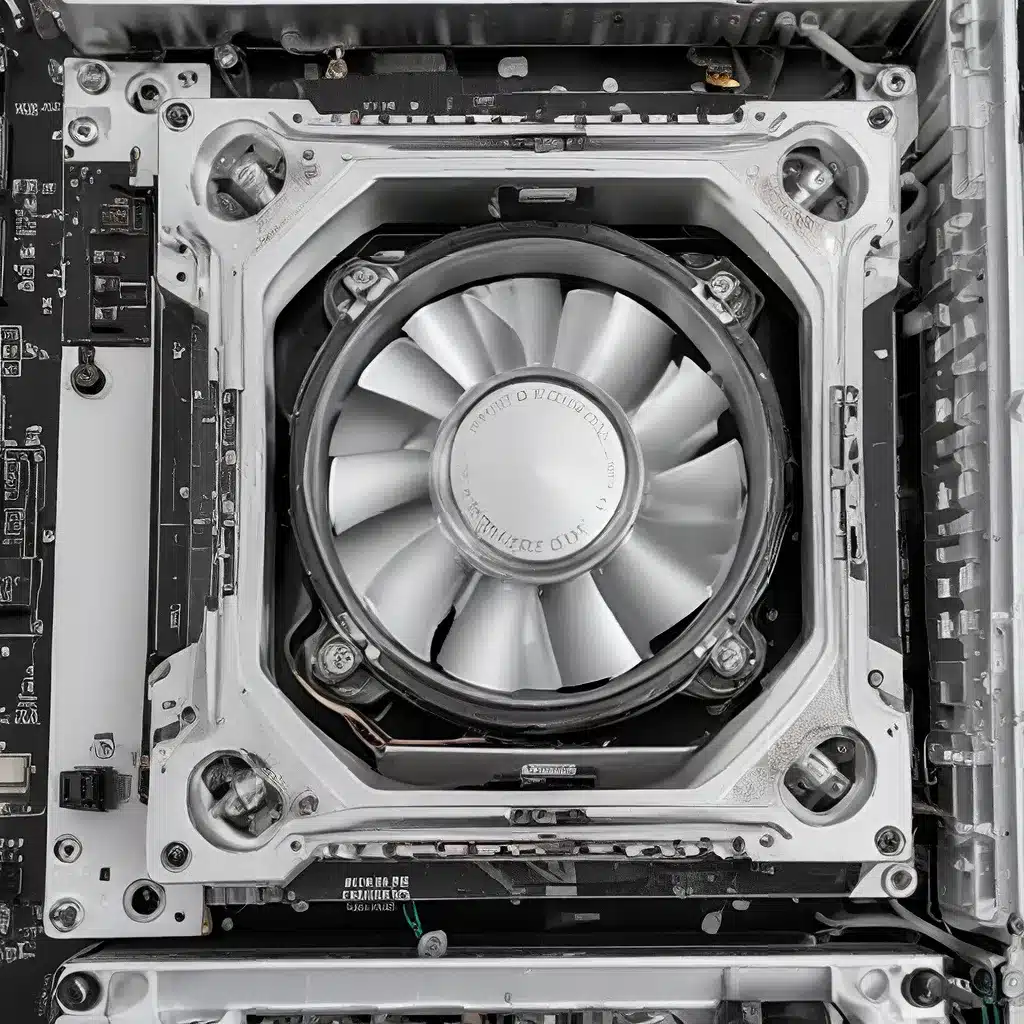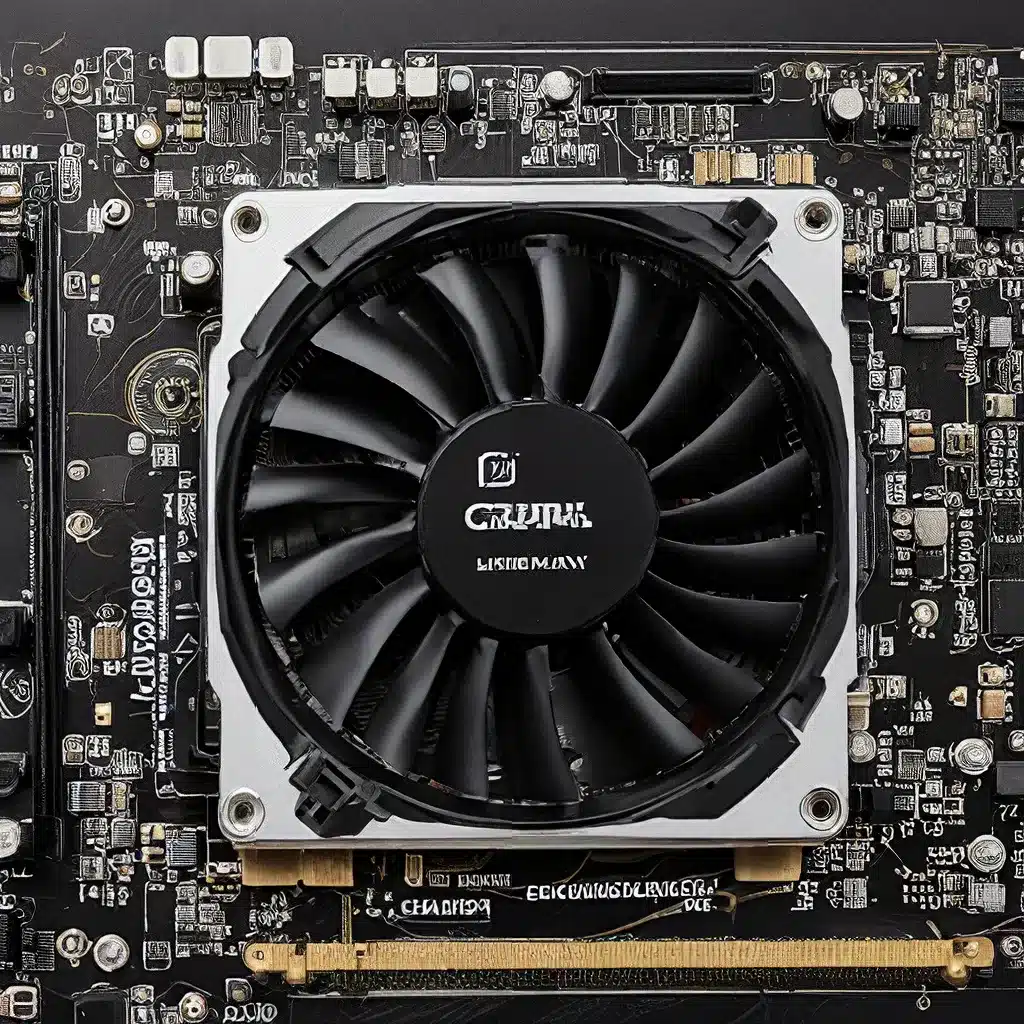Unraveling the Mystery of Slow Boot Times
Ah, the age-old dilemma – you press the power button, eager to dive into your daily digital routine, only to be met with the excruciatingly slow crawl of your computer’s boot-up process. Time seems to stand still as the seconds tick by, and you can’t help but let out a frustrated sigh. Well, my fellow tech-savvy friends, fear not! In this comprehensive guide, we’ll explore the common culprits behind slow boot times and arm you with a arsenal of tried-and-true tips to get your computer back up to speed.
The Usual Suspects: Identifying the Causes
Before we dive into the solutions, let’s take a moment to understand the potential reasons behind your computer’s sluggish boot-up. According to the experts at [PCMag], the most common culprits include:
- Startup Programs: Too many programs launching at startup can bog down your system, slowing down the boot process.
- Outdated Drivers: Faulty or outdated drivers for your hardware components can cause compatibility issues and performance problems.
- Fragmented Disk: A fragmented hard drive can force your computer to work harder to locate and access the files it needs during boot-up.
- Malware Infection: Viruses, spyware, or other malicious software can hijack your system’s resources, leading to a frustratingly slow boot.
- Insufficient RAM: If your computer is running low on memory, it may struggle to load all the necessary files and programs during the boot sequence.
Accelerating Your Boot: Effective Strategies
Now that we’ve identified the usual suspects, let’s dive into the solutions that can have your computer booting up like a Formula 1 race car. Get ready to put the pedal to the metal!
Optimizing Startup Programs
One of the easiest ways to speed up your boot time is to trim the fat from your startup menu. According to the [Reddit] community, you can do this by:
- Disabling Unnecessary Startup Programs: Use the built-in Task Manager or a third-party tool like Autoruns to identify and disable any programs you don’t need launching at boot.
- Prioritizing Essential Startup Items: Carefully review the list of startup programs and keep only the ones that are truly essential for your daily operations.
- Delaying Non-Critical Startups: For programs that you don’t need right away, consider using a tool like Ccleaner to delay their launch until after the initial boot sequence is complete.
Keeping Drivers Up-to-Date
Outdated or faulty drivers can be a significant contributor to slow boot times. To address this issue, you can:
- Check for Driver Updates: Regularly check your hardware manufacturer’s websites for the latest driver updates and install them promptly.
- Use a Driver Management Tool: Utilities like [DriverBooster] or [SlimDrivers] can automatically scan your system and update all your drivers with a single click.
- Uninstall Unused Drivers: If you’ve got hardware components you no longer use, uninstall their associated drivers to free up system resources.
Defragmenting Your Disk
Fragmented hard drives can force your computer to work overtime during the boot process, leading to frustratingly slow startup times. To combat this, you can:
- Run the Built-in Disk Defragmenter: Windows’ native Disk Defragmenter tool can help to reorganize the files on your drive, making them easier to access.
- Utilize Third-Party Defrag Tools: Applications like [Defraggler] or [UltimateDefrag] can often provide more advanced defragmentation options and faster results.
- Consider an SSD Upgrade: If your computer is still using a traditional hard disk drive (HDD), upgrading to a solid-state drive (SSD) can dramatically improve boot times, as SSDs are not prone to fragmentation.
Removing Malware
Malicious software can wreak havoc on your system’s performance, including its boot-up speed. To keep your computer healthy and speedy, make sure to:
- Scan for Viruses and Malware: Use a reputable antivirus program like [Malwarebytes] or [Bitdefender] to thoroughly scan your system and eliminate any threats.
- Employ Real-Time Protection: Enable your antivirus software’s real-time protection feature to proactively detect and block any incoming malware.
- Keep Your Software Updated: Make sure to keep your operating system, antivirus, and other critical software up-to-date to ensure the latest security patches and performance enhancements are in place.
Boosting Your RAM
If your computer is struggling with insufficient memory, it can significantly slow down the boot process. To give your system a RAM-powered boost, consider:
- Checking Your Current RAM: Determine how much RAM your computer currently has installed and whether it meets the recommended specifications for your operating system and usage needs.
- Upgrading Your RAM: If your RAM is lacking, upgrading to a higher-capacity module can provide a noticeable improvement in boot times and overall system responsiveness.
- Closing Unused Programs: During the boot process, your computer needs to load all the necessary files and programs into memory. By closing any unused applications, you can free up RAM and help your system boot faster.
Putting it All Together: A Faster, Smoother Boot
By implementing these proven strategies, you’ll be well on your way to banishing those frustrating slow boot times for good. Remember, a little bit of troubleshooting and proactive maintenance can go a long way in keeping your computer running at its peak performance. So, the next time you press that power button, get ready to be greeted by a lightning-fast boot sequence that’ll have you diving into your digital tasks in no time.
References
[1] PCMag. “How to Make Your Windows PC Boot Faster.” https://www.pcmag.com/how-to/how-to-make-your-windows-pc-boot-faster
[2] Reddit. “Had this PC for 2 years and it’s starting to slow down.” https://www.reddit.com/r/pcmasterrace/comments/zoazhl/had_this_pc_for_2_years_and_its_starting_to_slow/
[3] Microsoft Answers. “PC slow on startup.” https://answers.microsoft.com/en-us/windows/forum/all/pc-slow-on-startup/844e82c8-6738-4e37-ace5-4b3abb581027
[4] Dropbox Forum. “Dropbox slow in download and upload.” https://www.dropboxforum.com/t5/Create-upload-and-share/Dropbox-slow-in-download-and-upload/td-p/391994
[5] Windows Forum. “Very slow boot, takes forever to get to the login screen.” https://windowsforum.com/threads/very-slow-boot-takes-forever-to-get-to-the-login-screen.335292/
[6] Intel Community. “My Laptop is Really Slow – Experts help.” https://community.intel.com/t5/Graphics/My-Laptop-is-Really-Slow-Experts-help/td-p/1425631
[7] Ten Forums. “Boot first fast but now really slow on NVME drive.” https://www.tenforums.com/performance-maintenance/190810-boot-first-fast-but-now-really-slow-nvme-drive.html
[8] Mozilla Support. “Firefox takes forever to start up and then freezes.” https://support.mozilla.org/mk/questions/1316838

